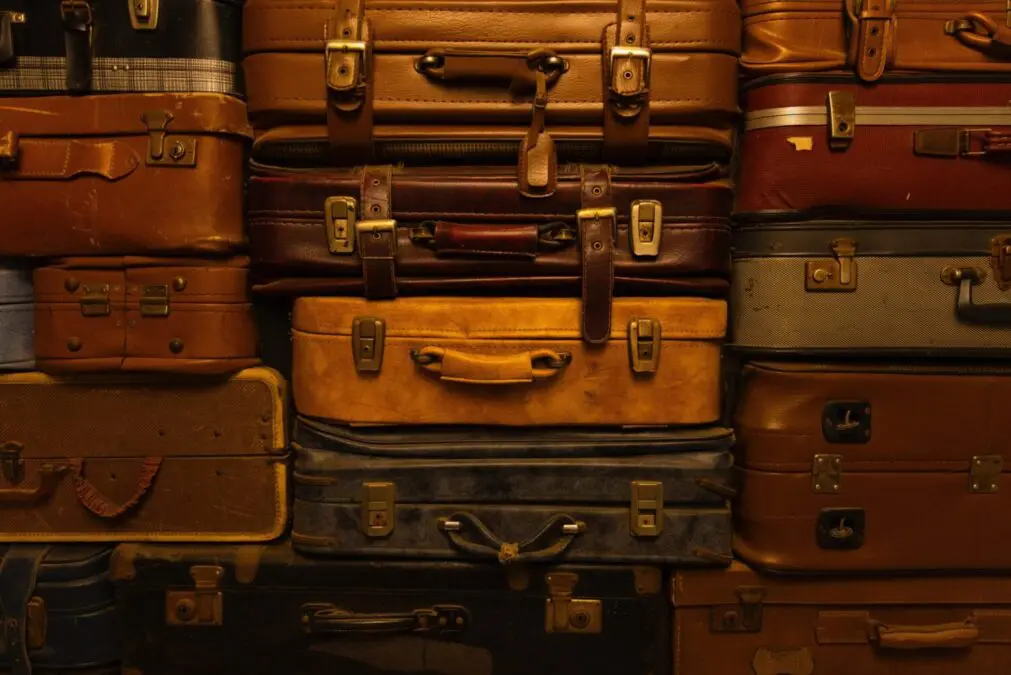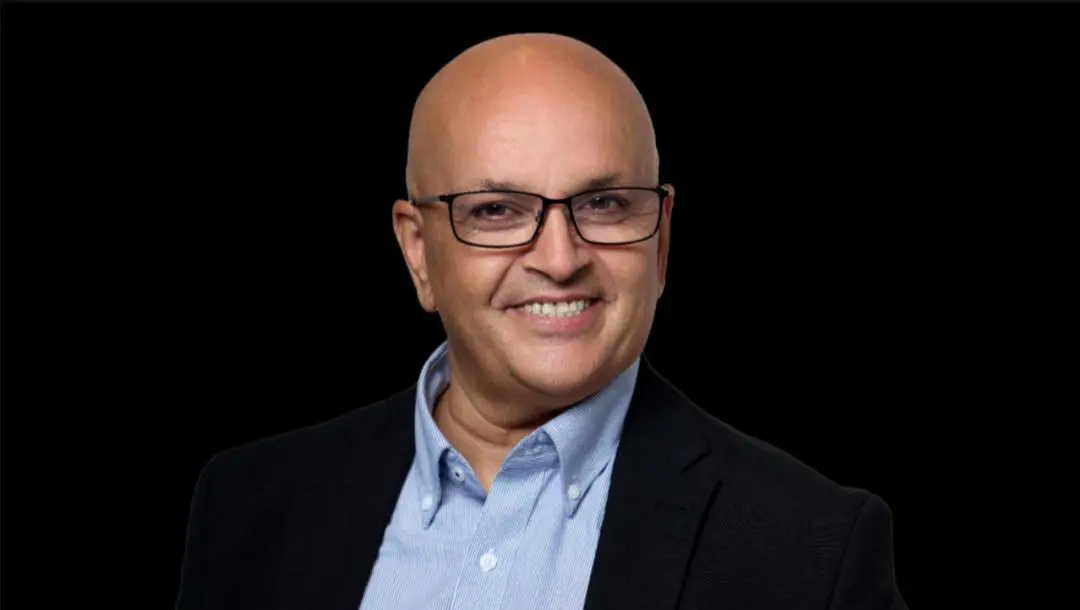Bashy Quraishy: Secretary General – EMISCO -European Muslim Initiative for Social Cohesion
Thierry Valle: Director – CAP LC – Coordination des Associations et des Particuliers pour la Liberté de Conscience.
Human beings have always sought asylum and refuge outside their own homeland for several reasons. It could be due to war- external or civil, invasion and occupation by another state, political oppression, abuse of minority rights, religious or cultural persecution and the list is endless.
Since refugees are among the most vulnerable people in the world, soon after the WW2, international community worked out the 1951 Refugee Convention and later its 1967 Protocol. These are the key legal documents that form the basis of UNHCR’s work. With 149 State parties to either or both, they define the term ‘refugee’ and outlines the rights of refugees, as well as the legal obligations of States to protect them.
One recent example is the present conflict and war between Ukraine and Russia.
Since the war started on 26th February 2022, millions of innocent citizens of Ukraine have fled their homes to seek refuge in neighbouring countries, like Poland, Romania, Moldova as well as other Western countries, including Denmark.
Political reactions
Denmark has in the past received and welcomed refugees from faraway countries like Korea, Vietnam, Eretria, Chile, Iran, Somalia, South Africa, Iraq, Bosnia, Palestine, Afghanistan and many more areas where civil war or political oppression was well known. The Danish state, media and public in general treated all these groups in a very humane manner. Denmark lived up to its international reputation of a humanistic society that opened its doors to people in need.
Unfortunately, in the last 4 decades, some far right political parties and racist movements did succeed in creating a negative atmosphere in the Danish society towards refugees from Africa and Middle East, especially groups with Muslim background. The welcoming and supportive attitudes and inclusive laws were tightened-slowly but surely. One Government after the other publicly proclaimed that Denmark must strive towards a Zero refugee policy.
In 2015, a sudden influx of Syrian refugees was dealt with iron fist. They were put in detention centres, were not allowed to work, children could not go to school and social benefits were minimal. Because of the restrictions, many refugees including kids developed mental sickness. On top of this, Jewellery Act was passed that allowed the state to confiscate valuable possessions, like watches, rings, bracelets, necklaces made of gold and even cash from Syrians refugees on arrival.
UN agencies, Amnesty International, Open Society, Human Rights Watch, Danish and foreign NGOs criticised Danish treatment of refugees, but this was rejected outright.
The sudden arrival of Ukrainian refugees
In these dire circumstances and negativity towards refugees, the war between Russia and Ukraine resulted in the arrival to Denmark of few thousand people from Ukraine. Suddenly, the ever-present hostility towards non-European refugees and minorities groups turned into smiles, for Ukrainians. The pro-Ukraine media discussions, politician’s love, public sympathy, and visible government support to quickly accommodate this new group was a breath of fresh air.
Within few weeks, a broad political agreement for a special law also called the Ukrainian Act was introduced to ensure the Ukrainians stay in Denmark. Politicians called this special law as historic. On 15 March 2022, a broad majority in the Danish Parliament passed this special law. According to the government, this law is meant to normalize the Ukrainians’ everyday lives and make them part of Danish society as soon as possible.
Who is covered by the law and what rights do they get?
From 15.3.22, Ukrainian refugees who come to Denmark will be treated under this new law, which from day one, would ensure them a residence permit, access to the labour market, welfare, and education in Denmark outside the general asylum rules.
The special law covers all Ukrainians who left Ukraine on 24 February 2022 or later and resided in the country before departure. If you are in a situation where a close family member has been granted residence in Denmark, you can also obtain a residence permit. The residence permit is valid for two years with the possibility of a one-year extension. Under this special law, Ukrainians can apply for a residence permit.
Surprisingly, this special law is one of the exceptions in Danish law. The government claims that it is the unique circumstances that make the historic Ukrainian law necessary.
Why this new law is discriminatory?
Danish politicians, media, academics, and even analysts have been arguing that a special Refugee Law for Ukrainians was necessary because they come from a nearby country, are civilised, have a common culture, same religion and do not differ in appearance.
In simple words, it means that the protection rights of an Afghan, a Syrian, people from African continent and from other part of the globe, are less important because they are not White and Christian.
It is worth noting that UN Refugees Convention, UN Convention on Human Rights, European Convention on Human Rights and even EU’s own Equality Directives clearly make no distinction between people. According to the UN Refugee Convention, refugees are not supposed to face discrimination based on race, religion or country of origin.
This new law would make sure that Ukrainians who are coming to Denmark are officially termed as Refugees, would be offered normal accommodation in various municipalities, are allowed to enter labour market soon after, they have arrived, their children can go to kindergarten, and schools, would have free access to medical care and welfare benefits. Jewellery act, which was passed and used for Syrian refugees would not be applicable to Ukrainians.
To any peace-loving person who cares and campaigns for human rights, such positive treatment of Ukrainian refugees is a positive step in the right direction. They must be helped. There are no two opinions on that issue.
The problem comes up when, we see that all these facilities are not available to asylum seekers and refugees from other countries. One group is treated via express procedure, while other groups linger in refugee centres for years and some are being deported to their homelands.
That is a clear violation of all conventions, is against morality and actually would ferment an already discriminatory and poisonous atmosphere in Denmark. That is not a wise signal to send for a society that calls itself democratic and prides in being a defender of human rights.






